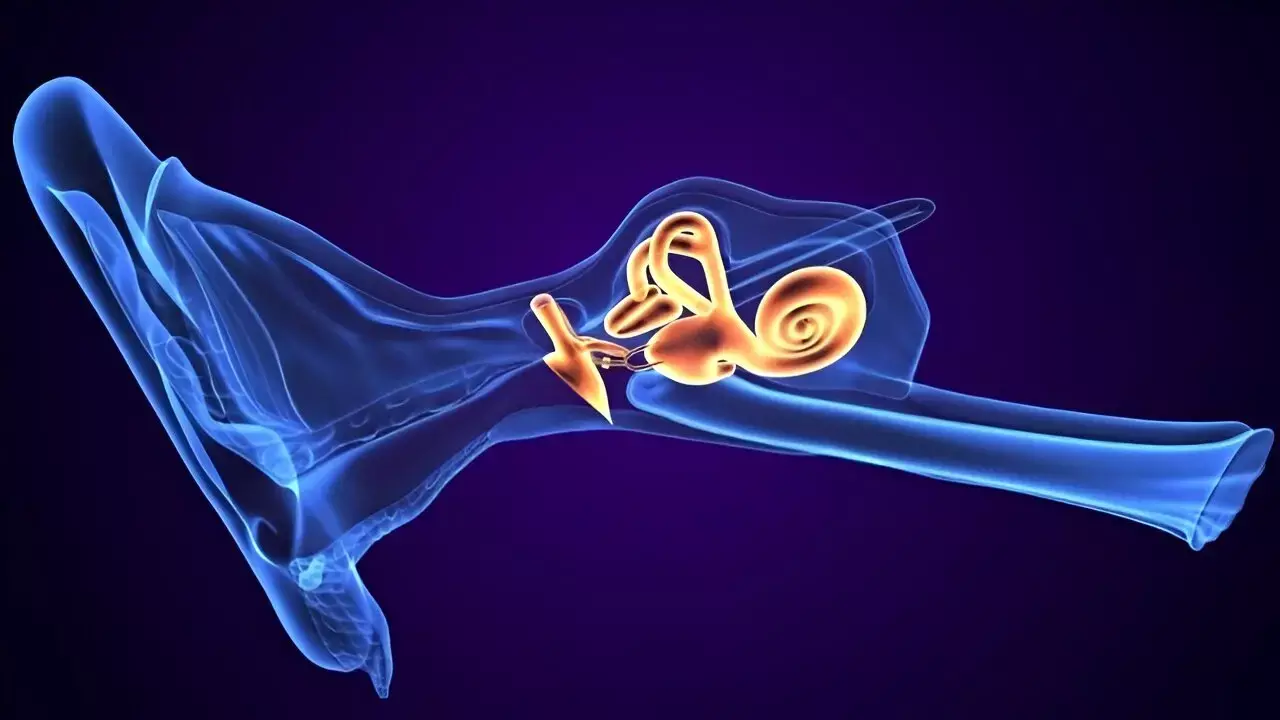- Home
- Medical news & Guidelines
- Anesthesiology
- Cardiology and CTVS
- Critical Care
- Dentistry
- Dermatology
- Diabetes and Endocrinology
- ENT
- Gastroenterology
- Medicine
- Nephrology
- Neurology
- Obstretics-Gynaecology
- Oncology
- Ophthalmology
- Orthopaedics
- Pediatrics-Neonatology
- Psychiatry
- Pulmonology
- Radiology
- Surgery
- Urology
- Laboratory Medicine
- Diet
- Nursing
- Paramedical
- Physiotherapy
- Health news
- Fact Check
- Bone Health Fact Check
- Brain Health Fact Check
- Cancer Related Fact Check
- Child Care Fact Check
- Dental and oral health fact check
- Diabetes and metabolic health fact check
- Diet and Nutrition Fact Check
- Eye and ENT Care Fact Check
- Fitness fact check
- Gut health fact check
- Heart health fact check
- Kidney health fact check
- Medical education fact check
- Men's health fact check
- Respiratory fact check
- Skin and hair care fact check
- Vaccine and Immunization fact check
- Women's health fact check
- AYUSH
- State News
- Andaman and Nicobar Islands
- Andhra Pradesh
- Arunachal Pradesh
- Assam
- Bihar
- Chandigarh
- Chattisgarh
- Dadra and Nagar Haveli
- Daman and Diu
- Delhi
- Goa
- Gujarat
- Haryana
- Himachal Pradesh
- Jammu & Kashmir
- Jharkhand
- Karnataka
- Kerala
- Ladakh
- Lakshadweep
- Madhya Pradesh
- Maharashtra
- Manipur
- Meghalaya
- Mizoram
- Nagaland
- Odisha
- Puducherry
- Punjab
- Rajasthan
- Sikkim
- Tamil Nadu
- Telangana
- Tripura
- Uttar Pradesh
- Uttrakhand
- West Bengal
- Medical Education
- Industry
Multifrequency tympanometry useful aid for diagnosing Meniere disease, claims study

Multifrequency tympanometry useful aid for diagnosis of Meniere disease, claims study published in the Journal of Clinical Medicine.
Meniere's disease (MD) is a disease of the inner ear, presenting with episodes of vertigo, hearing loss, and tinnitus.This study aims to examine the role of multifrequency tympanometry (MFT) in the diagnosis of Ménière’s disease. A systematic review of MEDLINE (via PubMed), Scopus, Google Scholar, and the Cochrane Library was performed, aligned with the PRISMA guidelines. Only studies that directly compare ears affected by Ménière’s disease with unaffected or control ears were included. Random-effects model meta-analyses were performed.
Results: Seven prospective case-control studies reported a total of 899 ears, 282 of which were affected by Ménière’s disease (affected ears-AE), 197 unaffected ears in patients with Ménière’s disease (UE), and 420 control ears (CE) in healthy controls. No statistically significant differences between the groups were observed regarding resonant frequency (RF). The pure tone audiometry average of the lower frequencies (PTA basic) was significantly greater in affected ears when compared with unaffected ears. The conductance tympanogram at 2 kHz revealed a statistically significantly greater G width of 2 kHz in the affected ears when compared to both unaffected and control ears, while control ears had a statistically significant lesser G width of 2 kHz compared to both the other two groups. multifrequency tympanometry, and specifically G width at 2 kHz, could be an important tool in the diagnosis of Ménière’s disease.
Reference:
Tsilivigkos C, Vitkos EN, Ferekidis E, Warnecke A. Can Multifrequency Tympanometry Be Used in the Diagnosis of Meniere’s Disease? A Systematic Review and Meta-Analysis. Journal of Clinical Medicine. 2024; 13(5):1476. https://doi.org/10.3390/jcm13051476
Dr. Shravani Dali has completed her BDS from Pravara institute of medical sciences, loni. Following which she extensively worked in the healthcare sector for 2+ years. She has been actively involved in writing blogs in field of health and wellness. Currently she is pursuing her Masters of public health-health administration from Tata institute of social sciences. She can be contacted at editorial@medicaldialogues.in.
Dr Kamal Kant Kohli-MBBS, DTCD- a chest specialist with more than 30 years of practice and a flair for writing clinical articles, Dr Kamal Kant Kohli joined Medical Dialogues as a Chief Editor of Medical News. Besides writing articles, as an editor, he proofreads and verifies all the medical content published on Medical Dialogues including those coming from journals, studies,medical conferences,guidelines etc. Email: drkohli@medicaldialogues.in. Contact no. 011-43720751


